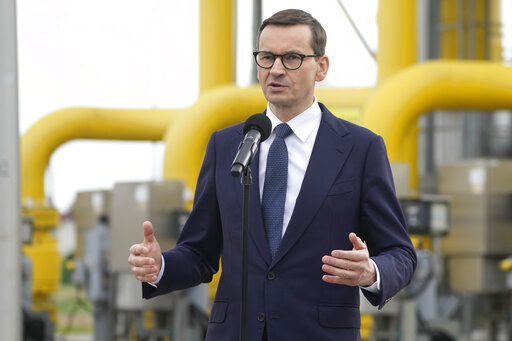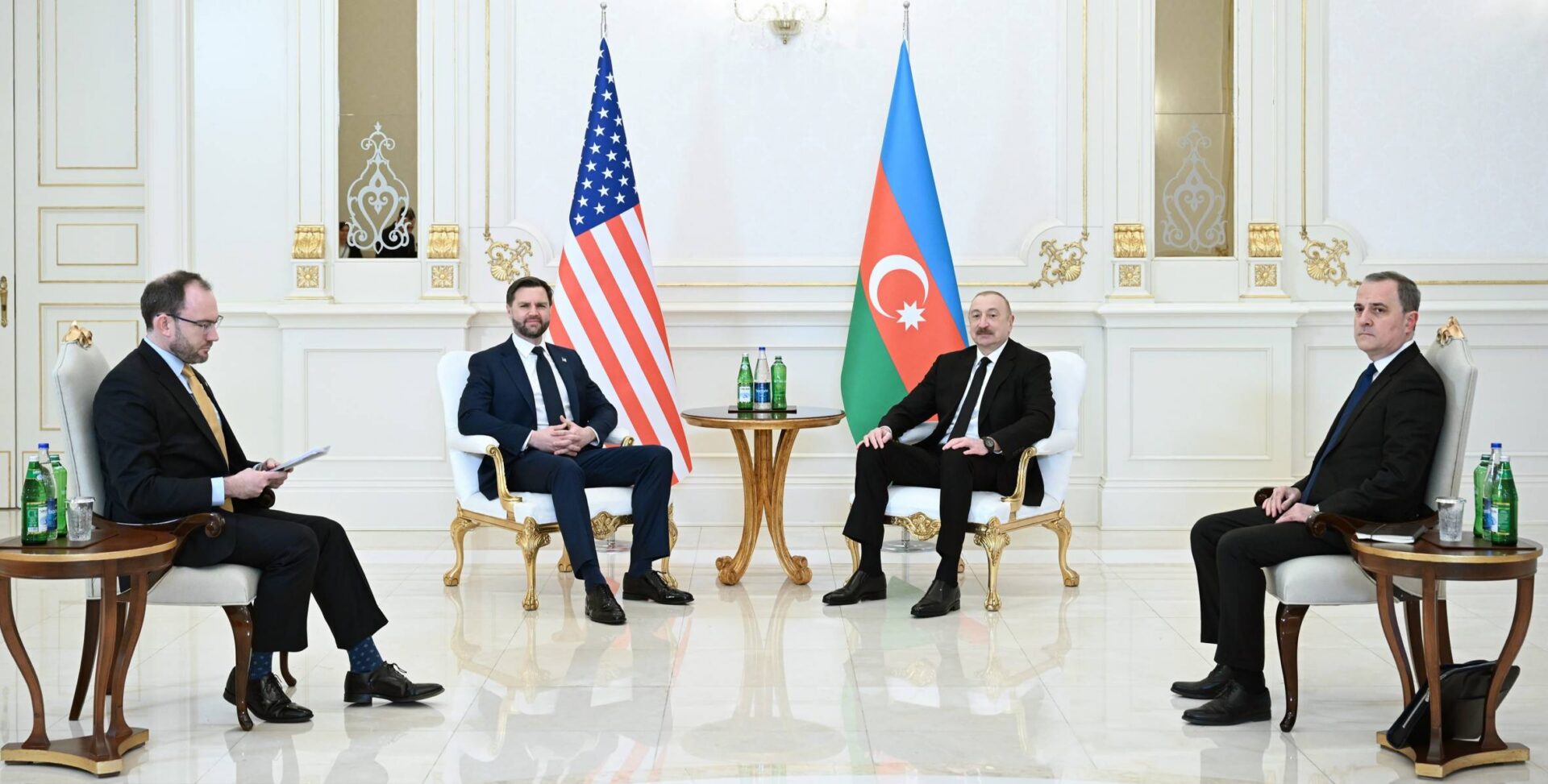
Russia Halts Gas Supplies to Poland and Bulgaria: Short-Term Calm, Long-Term Anxieties
Russia Halts Gas Supplies to Poland and Bulgaria: Short-Term Calm, Long-Term Anxieties
On April 27, Russia’s Gazprom completely suspended natural gas supplies to Poland and Bulgaria under long-term contracts that were supposed to be valid through the end of 2022. The move was explained by Gazprom as a necessity, as the Russian gas importers in both countries (PGNiG and Bulgargaz, respectively) had refused to pay for the commodity in rubles, under the new financial terms the Kremlin is struggling to unilaterally impose on its European customers. To date, no other European country has faced similar supply problems from Russia, despite the fact that some have also publicly rejected Moscow’s gas-for-rubles scheme.
Russian gas supplies to Poland and Bulgaria were halted on the morning of April 27, less than a day after Gazprom delivered its official notification of this intent to PGNiG and Bulgargaz (Pgnig.pl, Me.government.bg, April 26). The governments in both Warsaw and Sofia, however, have thus far remained calm. Neither planned to import Russian gas after 2022 anyway, and their key diversification infrastructure projects are ready or nearing completion.
Poland is in an exceptionally good position to overcome the effects of the Russian “gas blackmail.” The country’s domestic gas production reaches around four billion cubic meters (bcm) per year, and it had already replenished much of its volumes in storage—ca. 78 percent full as of April 30 (Agsi.gie.eu, accessed April 30). Moreover, the country has for years been developing and expanding numerous access points to non-Russian gas. Namely, Poland takes advantage of the liquefied natural gas (LNG) terminal in Świnoujście as well as interconnectors with Lithuania (just opened on May 1) and Germany. Furthermore, in the coming months, Poland will also put into operation new gas pipelines to Slovakia on the one hand, and to the Norwegian Continental Shelf via Denmark (the Baltic Pipe project), on the other hand (see EDM, March 7, April 26).
The situation is a bit more tense in Bulgaria’s case: Gazprom most recently accounted for as much as 80–90 percent of Bulgarian gas consumption, and its domestic storage level are extremely low (ca. 18 percent full as of April 30—Agsi.gie.eu). And yet the Eastern Balkan country, too, has alternative options it may draw on. Notably, Sofia could reach out to neighboring Greece, which has already officially offered its help (Primeminister.gr, April 27), or the European Union (EurActiv, April 29). For now, Bulgaria’s available capacity to import gas from alternative suppliers is rather limited, but the situation will change dramatically at the end of June, when the Interconnector Greece–Bulgaria (IGB) pipeline comes online. At 3 bcm, the IGB’s capacity is almost equal to the country’s total annual consumption. At that point, Bulgaria will finally be able to take full advantage of its existing 1 bcm supply contract with Azerbaijan as well as access supplies arriving at the Greek and Turkish LNG terminals.
Meanwhile, Gazprom has announced that its gas exports to Poland and Bulgaria could resume as soon as Warsaw and Sofia agree to the requirements imposed by Russian President Vladimir Putin’s decree of March 31—namely, to pay for Russian gas in rubles not in euros (Kremlin.ru, March 31). The scheme proposed by the Russian side stipulates that European companies open special accounts at Gazprombank, where payments in euros can be exchanged (by the Russian bank) for rubles, and only then transferred to Gazprom. Effectively, this means that the fulfillment of the obligation would occur only after the conversion of the payment from euros to rubles and, therefore, would be subjected to processes beyond the control of the buyer. The scheme has been rejected by the European Union (Ec.europa.eu, April 21); however, for now, there is no clarity among the bloc’s 27 member states as to whether adhering to the new Russian payment procedures would imply a breach of the EU’s sanctions policy (Reuters, April 28).
The main challenge is still yet to come, as the EU countries might never reach unanimity on whether to assent to Putin’s gas-for-rubles decree. It may be that several European companies end up cut off from Russian gas in the second half of May, while several others open a Gazprombank account and accept the currency conversion process. Reportedly, as of April 27, ten European companies have already done so, and four of them allegedly have even made ruble-denominated payments (Bloomberg, April 27).
If this indeed happens, the negative impact will be at least twofold. On the one hand, the cut-off countries will face an economic blow, and securing alternative spot supplies will become harder and more expensive (having spare transmission capacity is not enough, as the volumes have to be purchased on the market anyway). On the other hand, it will significantly undermine the mutual trust within the European Union and will notably weaken the signal that the coordinated Western sanctions are supposed to send to the Kremlin. Once again, European solidarity in the face of Russian divide-and-rule tactics will be critical.


